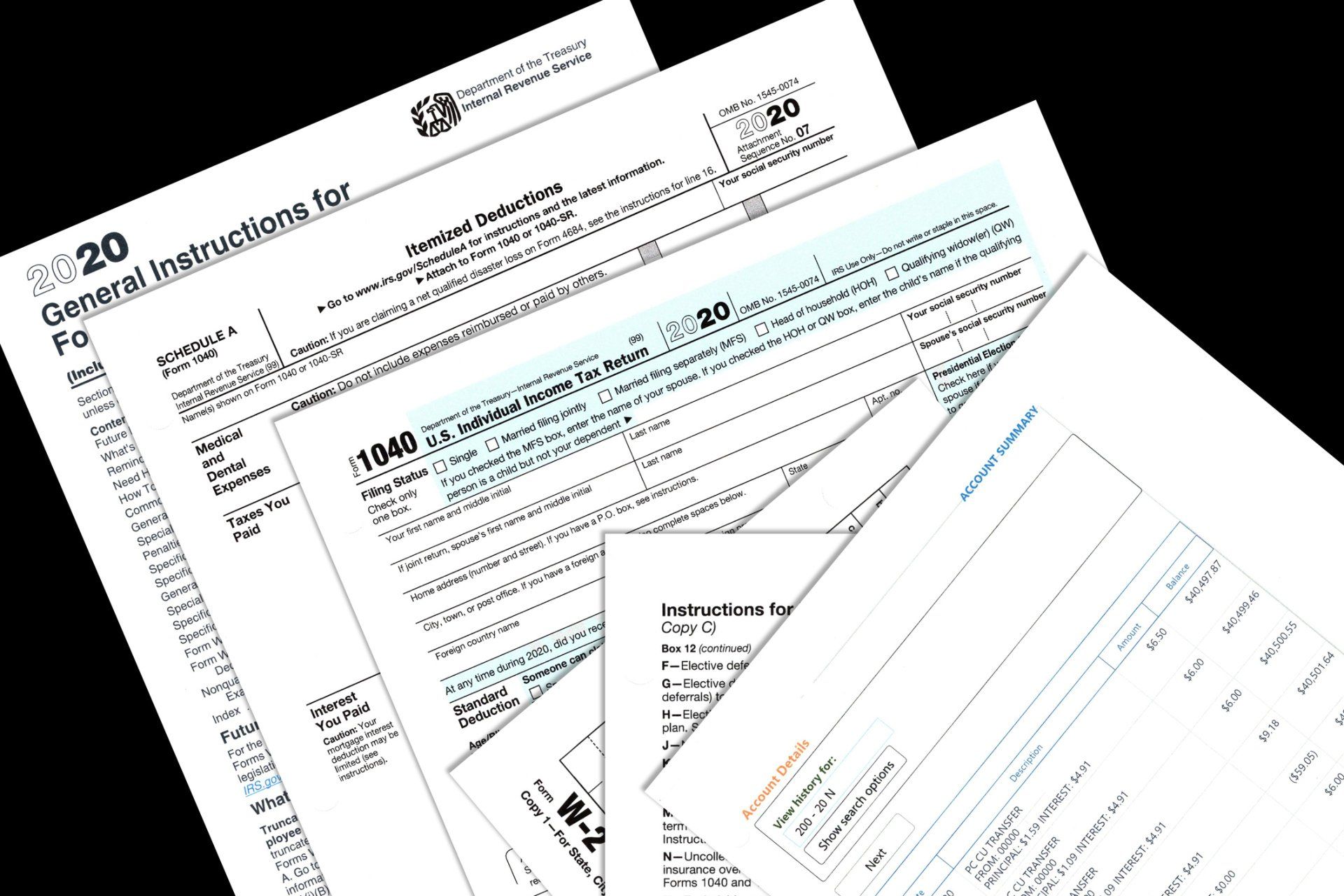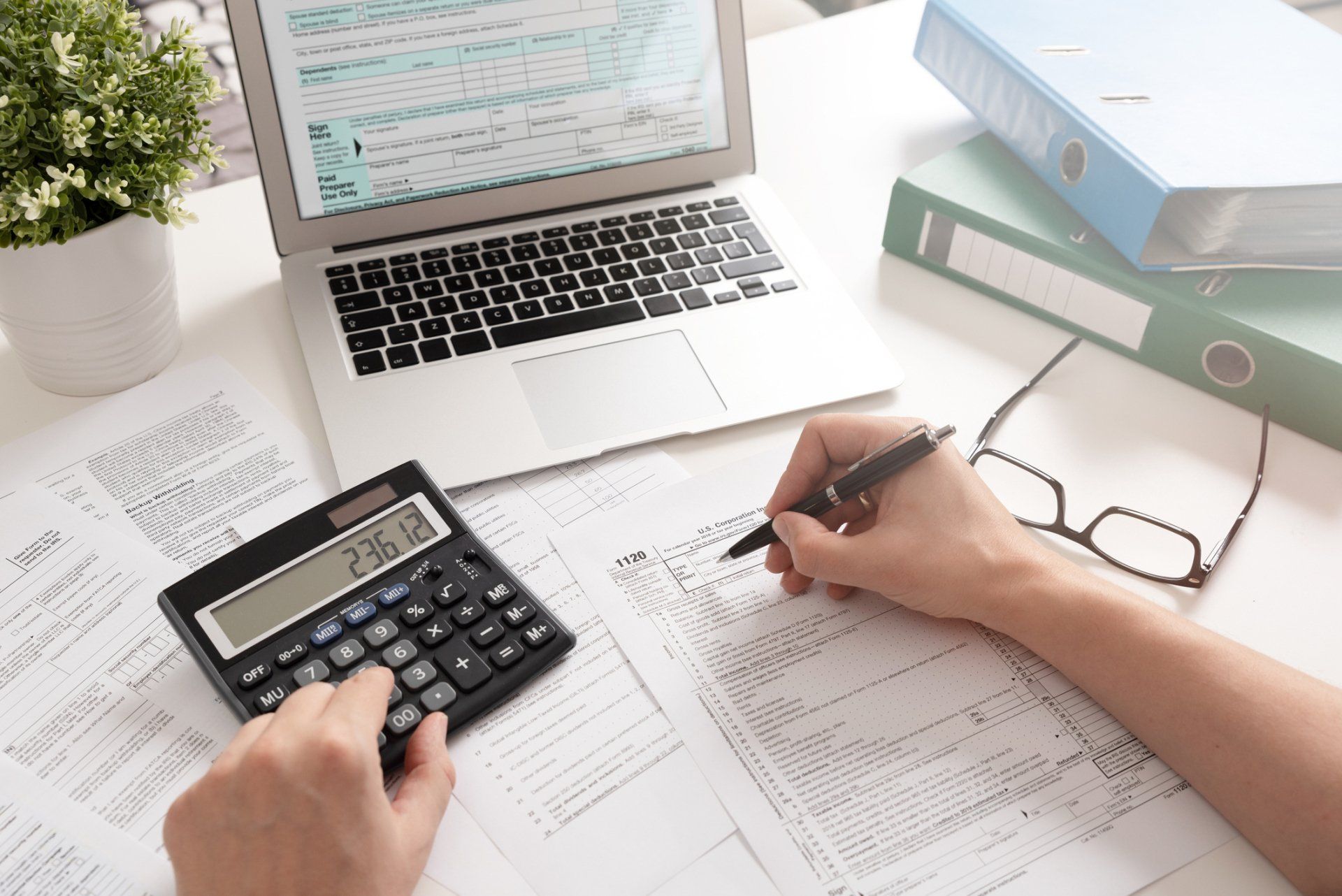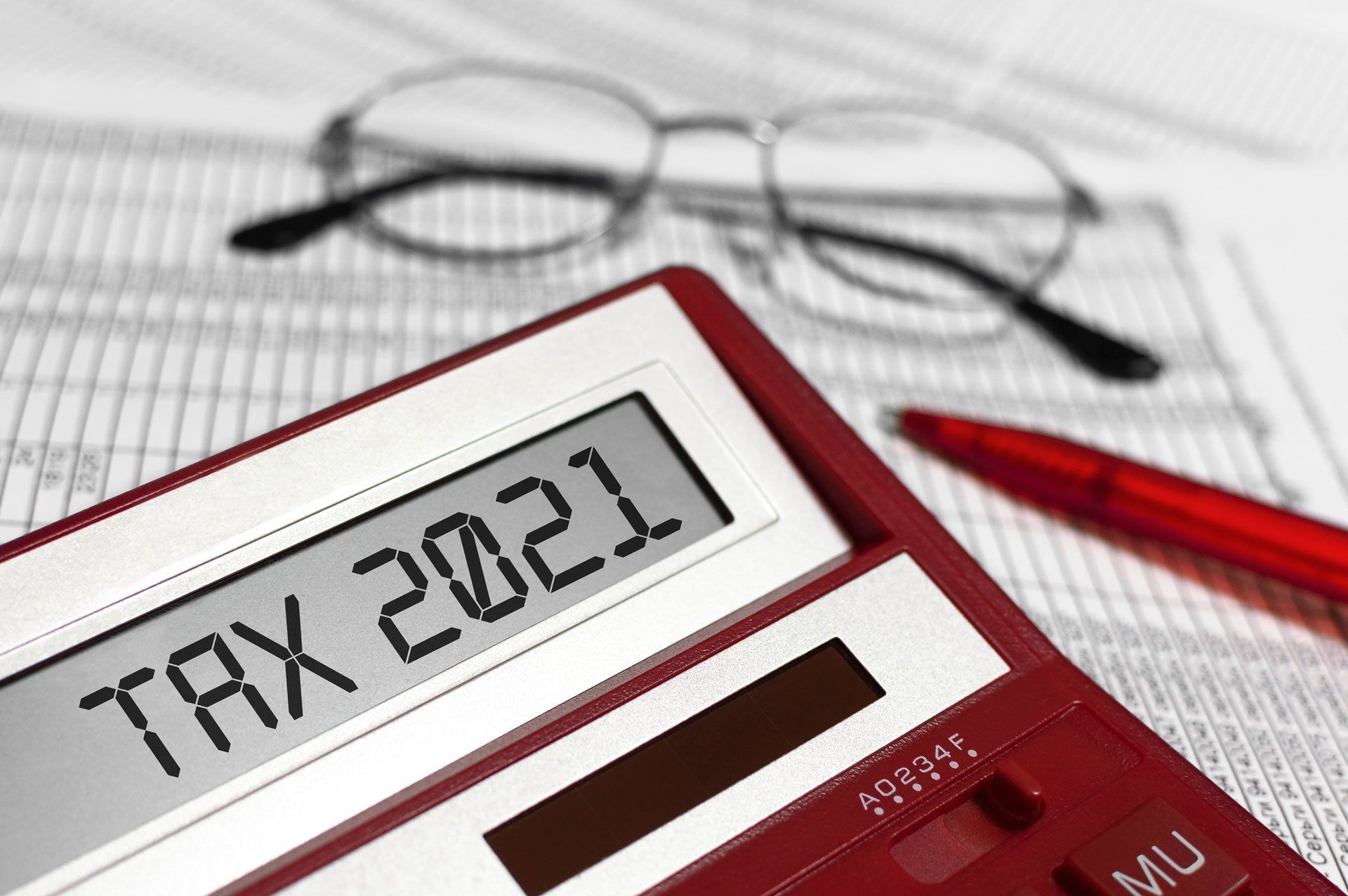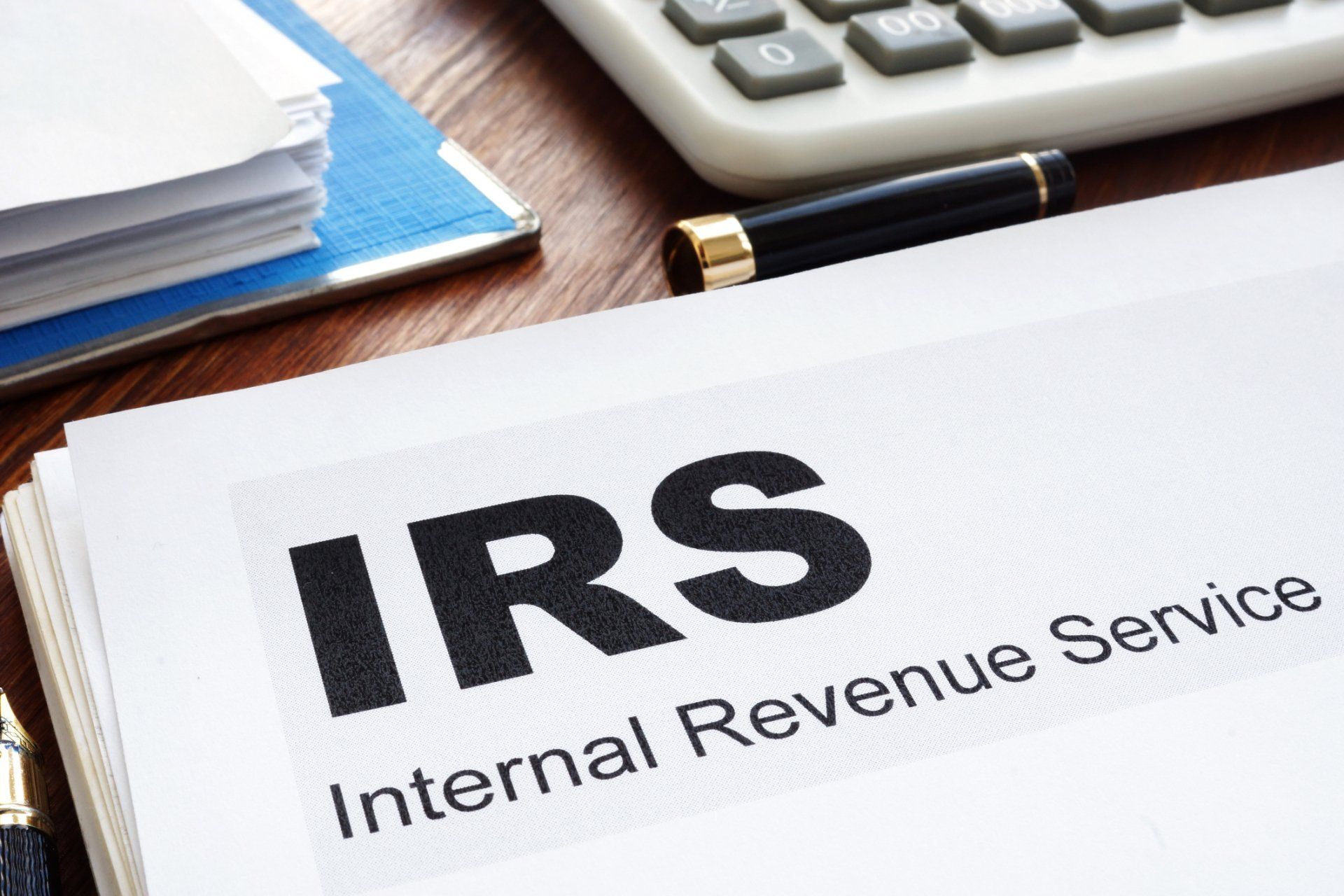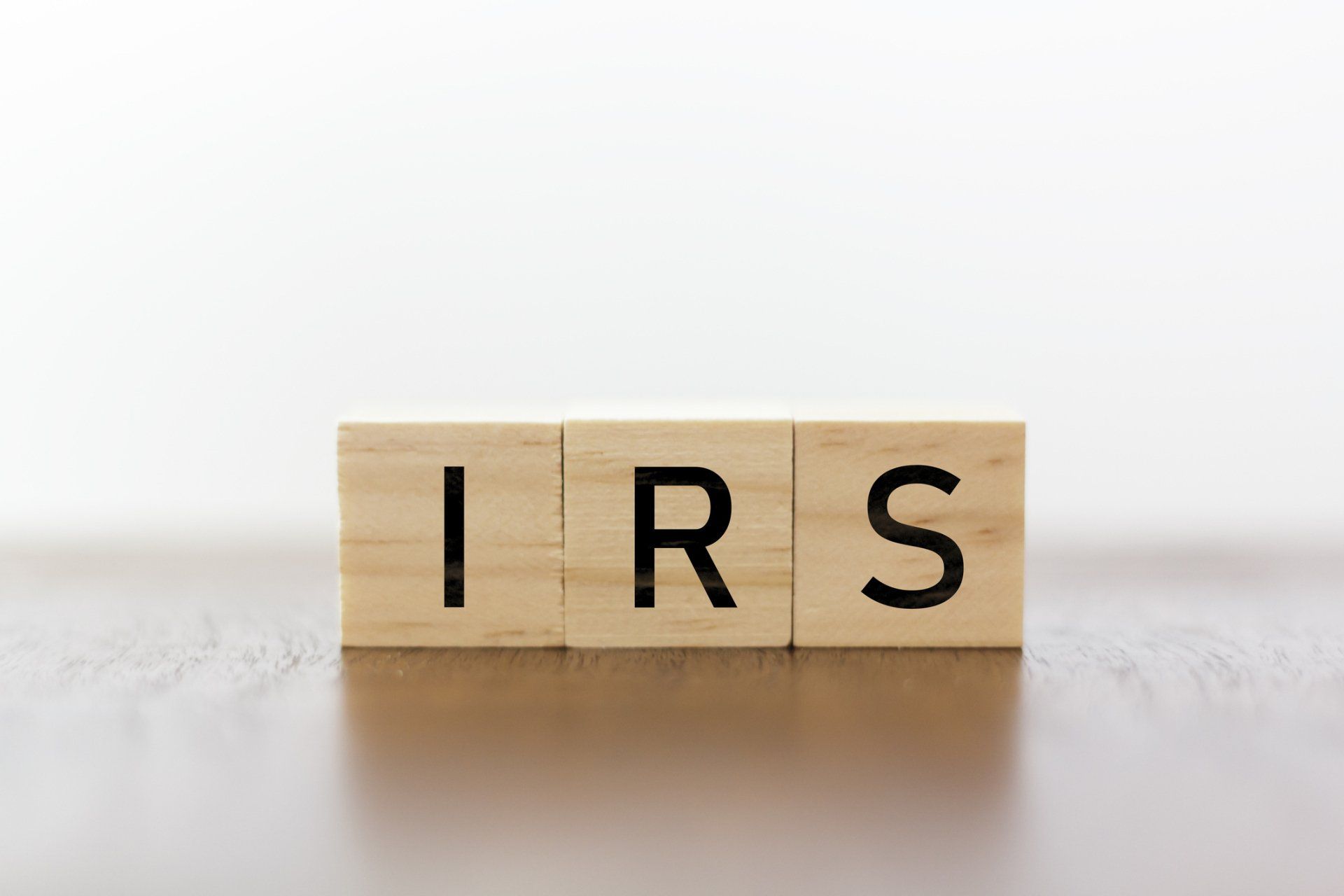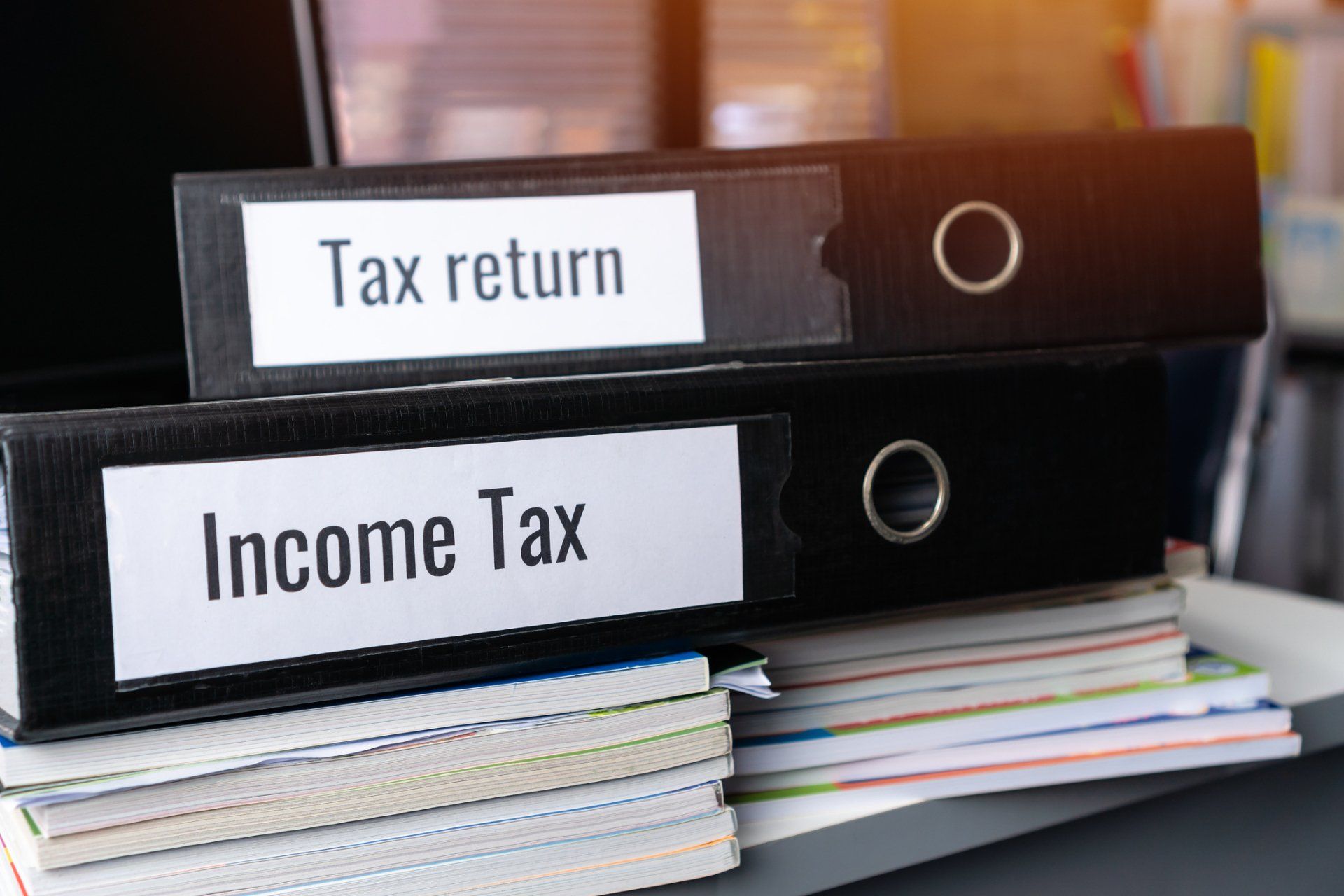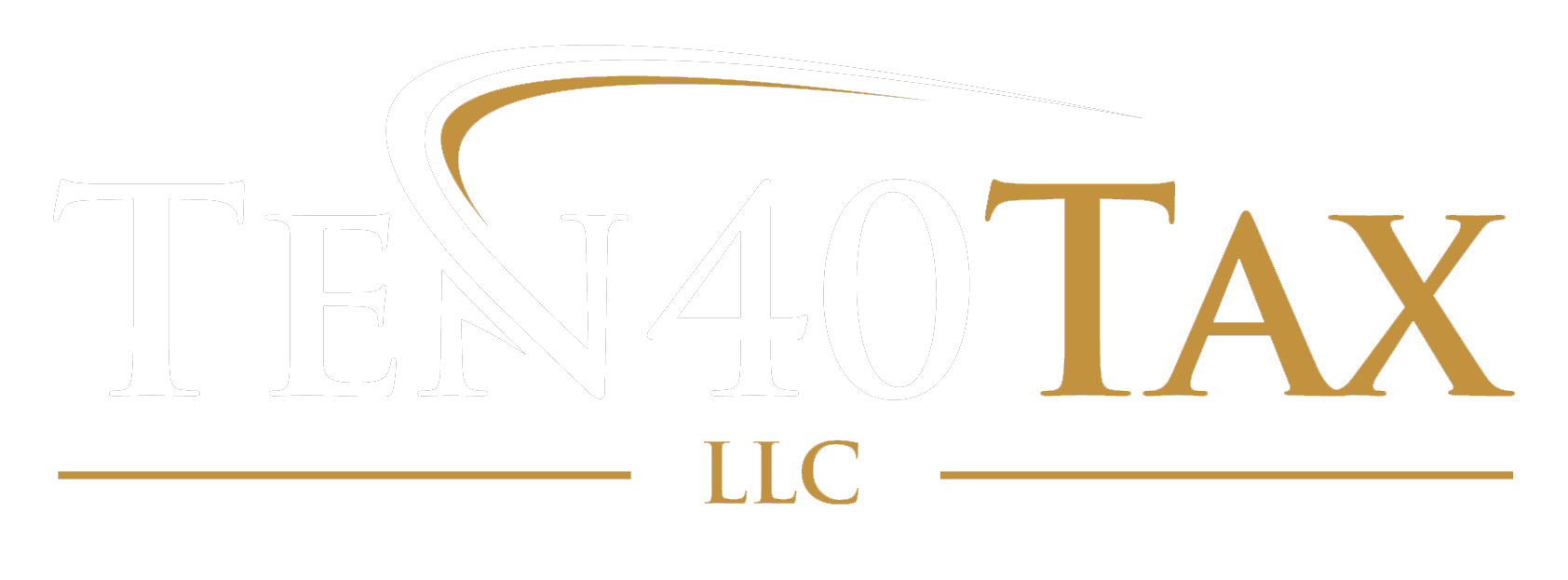The first step of tax preparation is gathering records
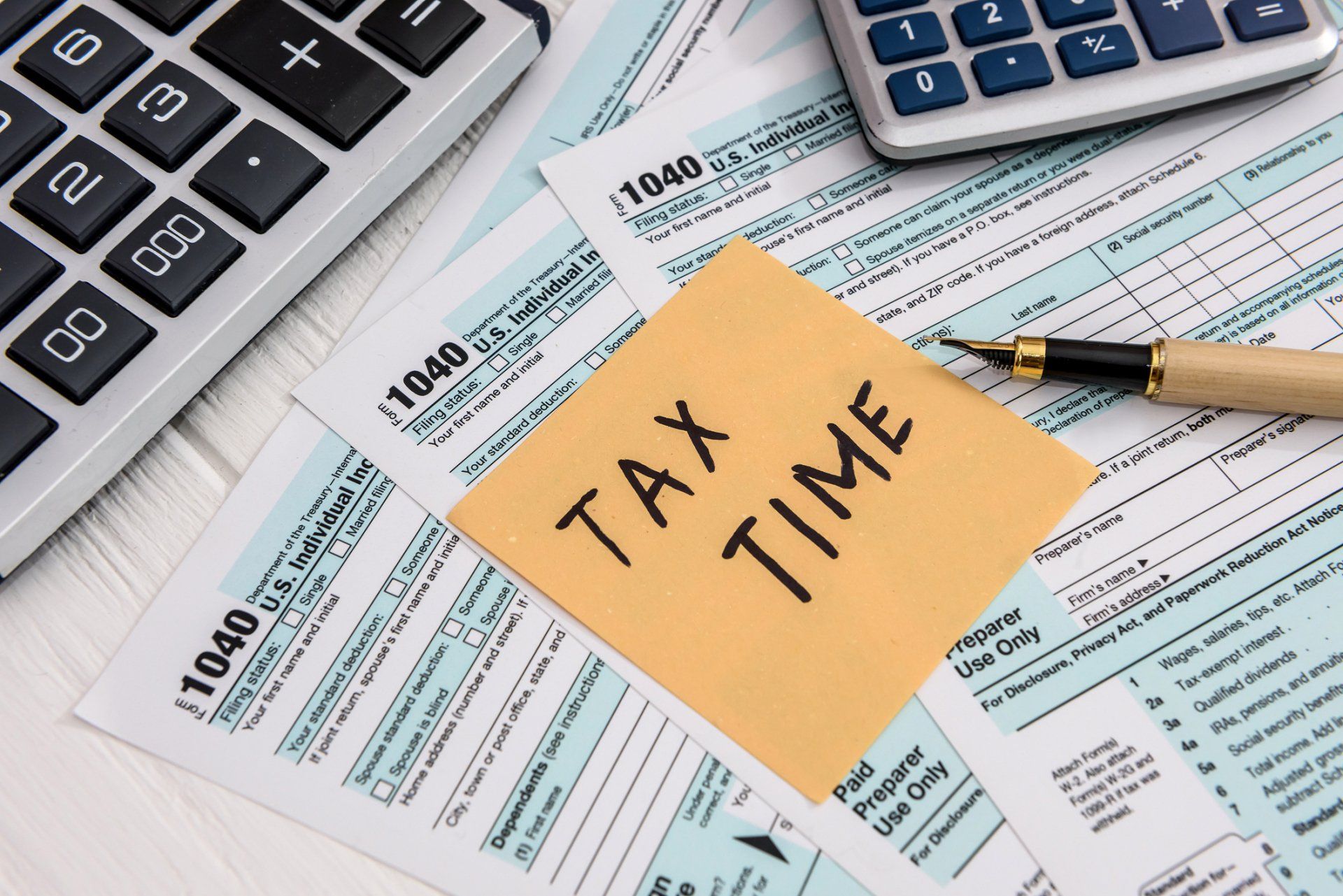
As taxpayers get ready to file their 2020 tax return, they should start by gathering their records. Taxpayers should gather all year-end income documents to help ensure they file a complete and accurate 2020 tax return and avoid refund delays.
Taxpayers should have all necessary records, such as W-2s, 1099s, receipts, canceled checks and other documents that support any income, deductions or credits on their tax return.
Most taxpayers should have already received income documents including:
- Forms W-2, Wage and Tax Statement
- Form 1099-MISC, Miscellaneous Income
- Form 1099-INT, Interest Income
- Form 1099-NEC, Nonemployee Compensation
- Form 1099-G, Certain Government Payments; like unemployment compensation or state tax refund
- Form 1095-A, Health Insurance Marketplace Statements
Other things taxpayers can do to prepare to file.
Review unemployment benefits
Unemployment compensation is taxable and must be included as gross income on a taxpayer’s return.
Taxpayers should receive a Form 1099-G showing their unemployment income. They can have federal taxes withheld from their unemployment benefits or make estimated tax payments, but many do neither. In that case, taxes on those benefits need to be paid when their 2020 tax return is filed. Therefore, taxpayers who did not have tax withheld from their payments may see a smaller refund than expected or possibly have a tax bill.
Individuals who receive a Form 1099-G for unemployment compensation they were not paid should contact their state tax agency and request a corrected Form 1099-G. States should not issue Forms 1099-Gs to taxpayers they know to be victims of identity theft involving unemployment compensation. Taxpayers should file an accurate return including the income they received.
Taxpayers who are victims of identity theft involving unemployment compensation should not file an identity theft affidavit with the IRS.
